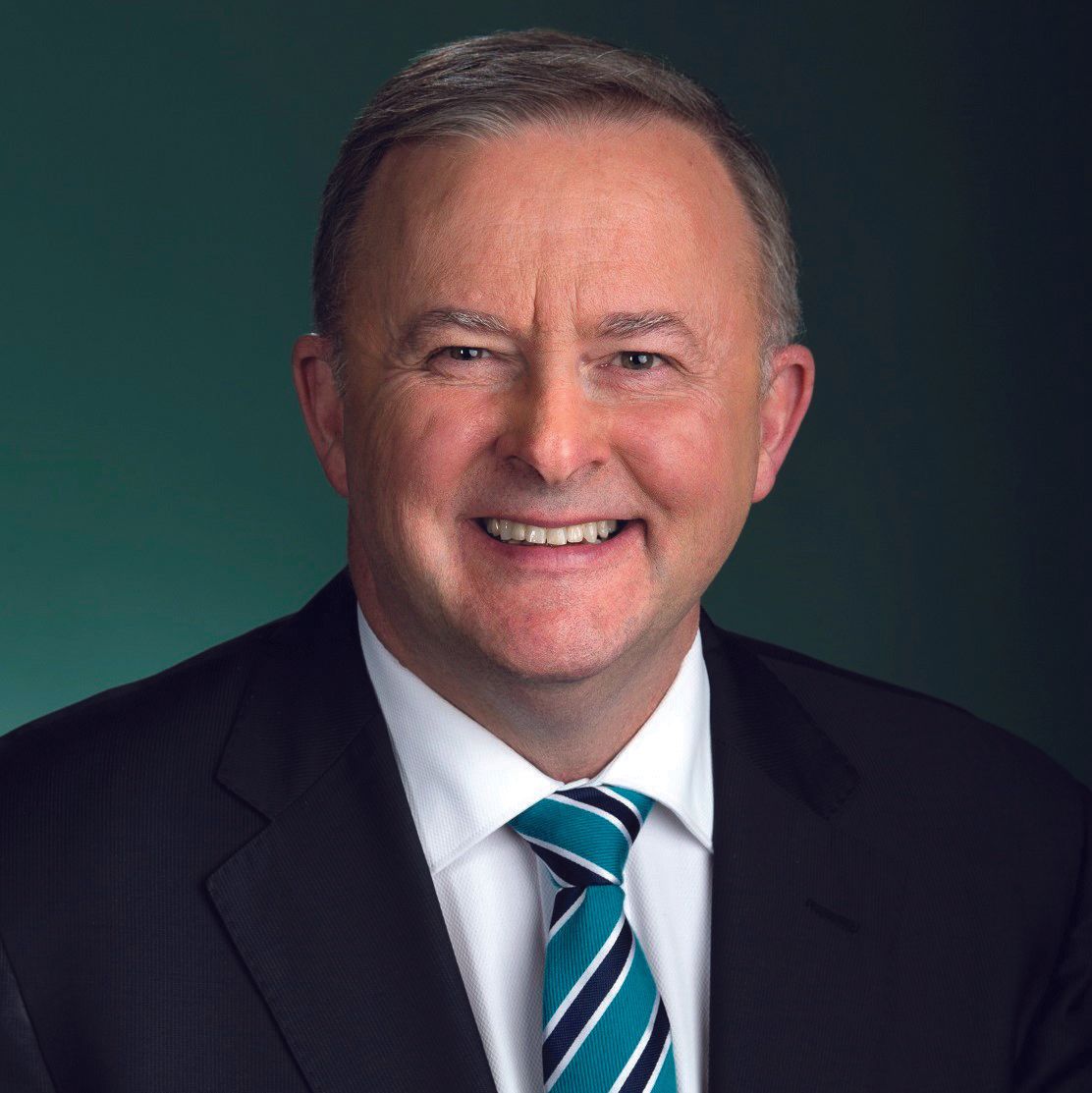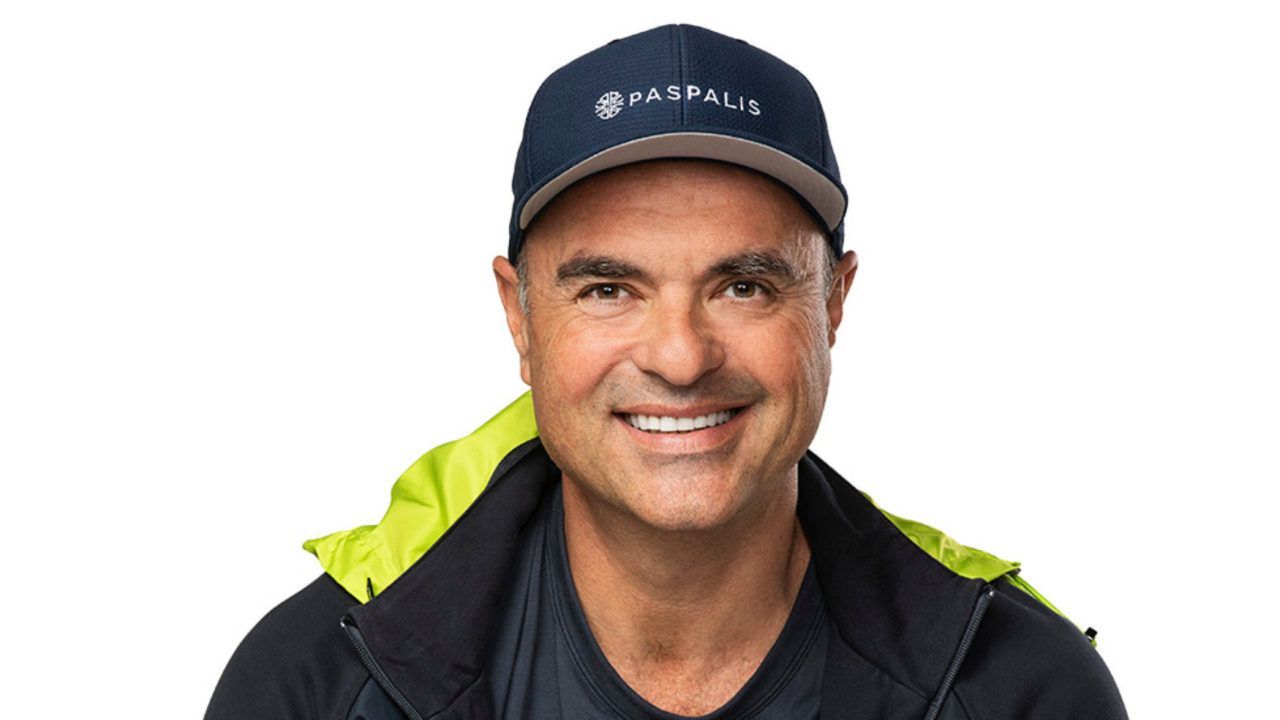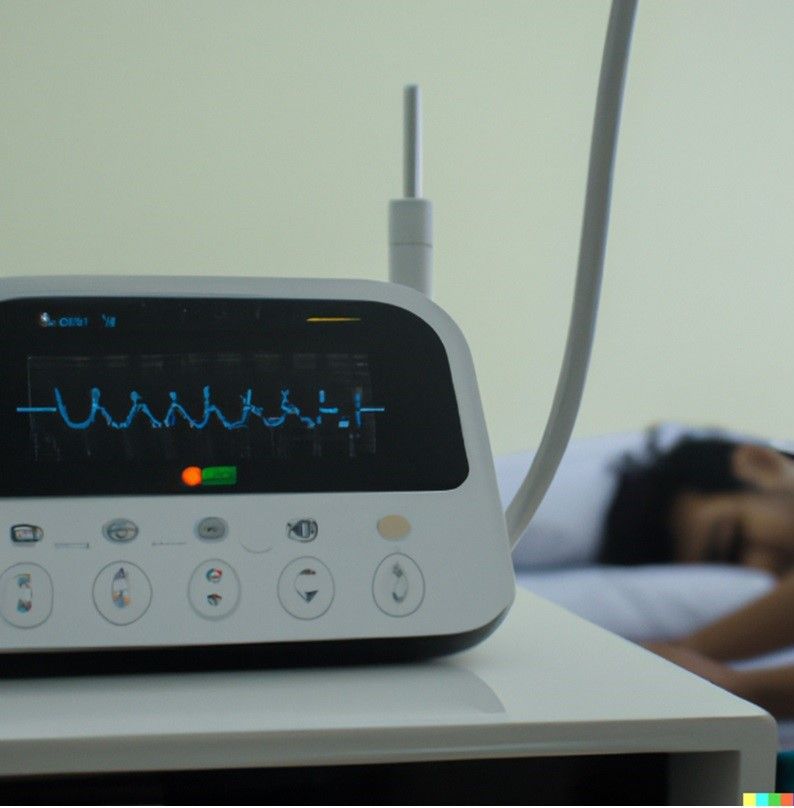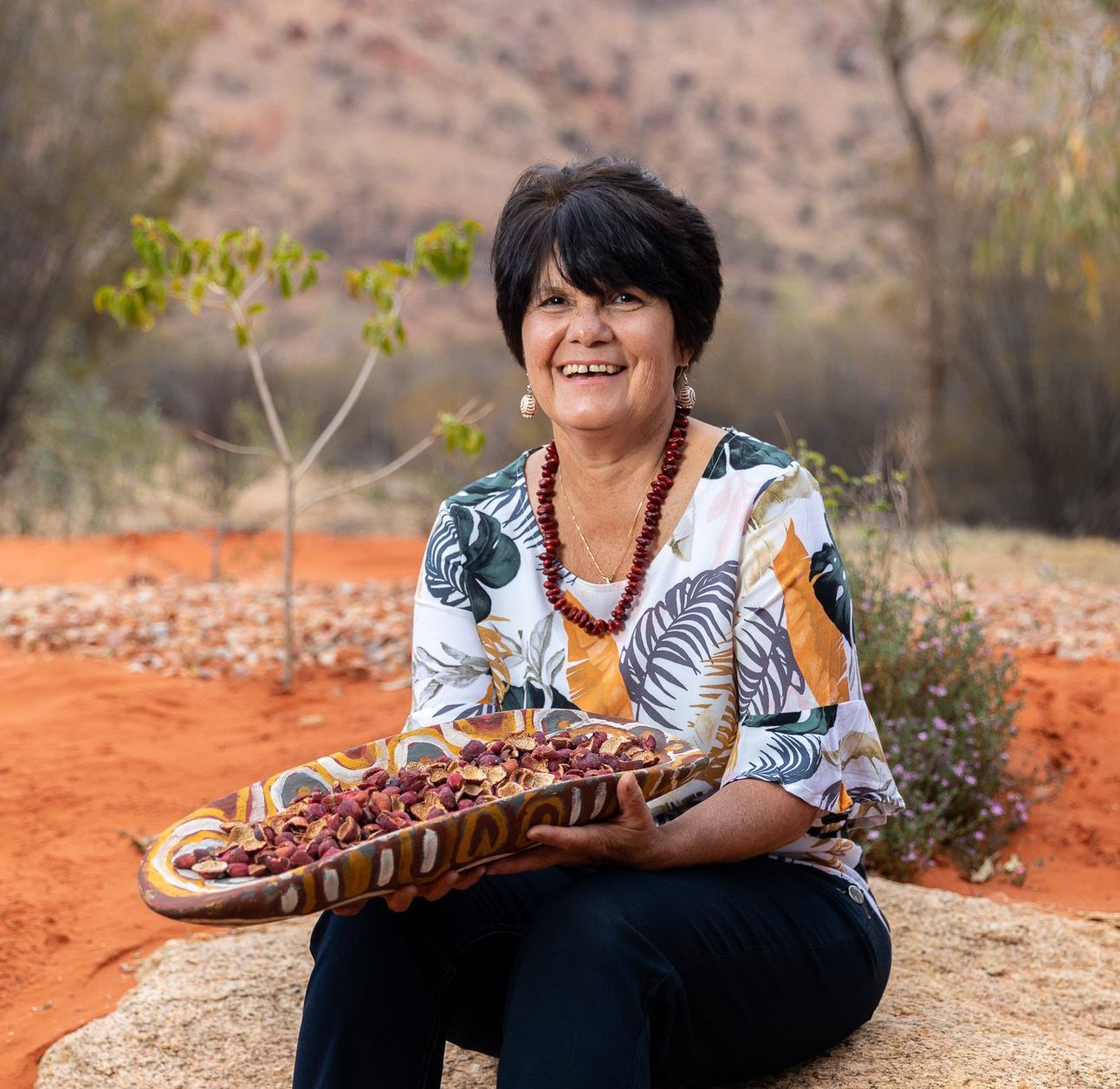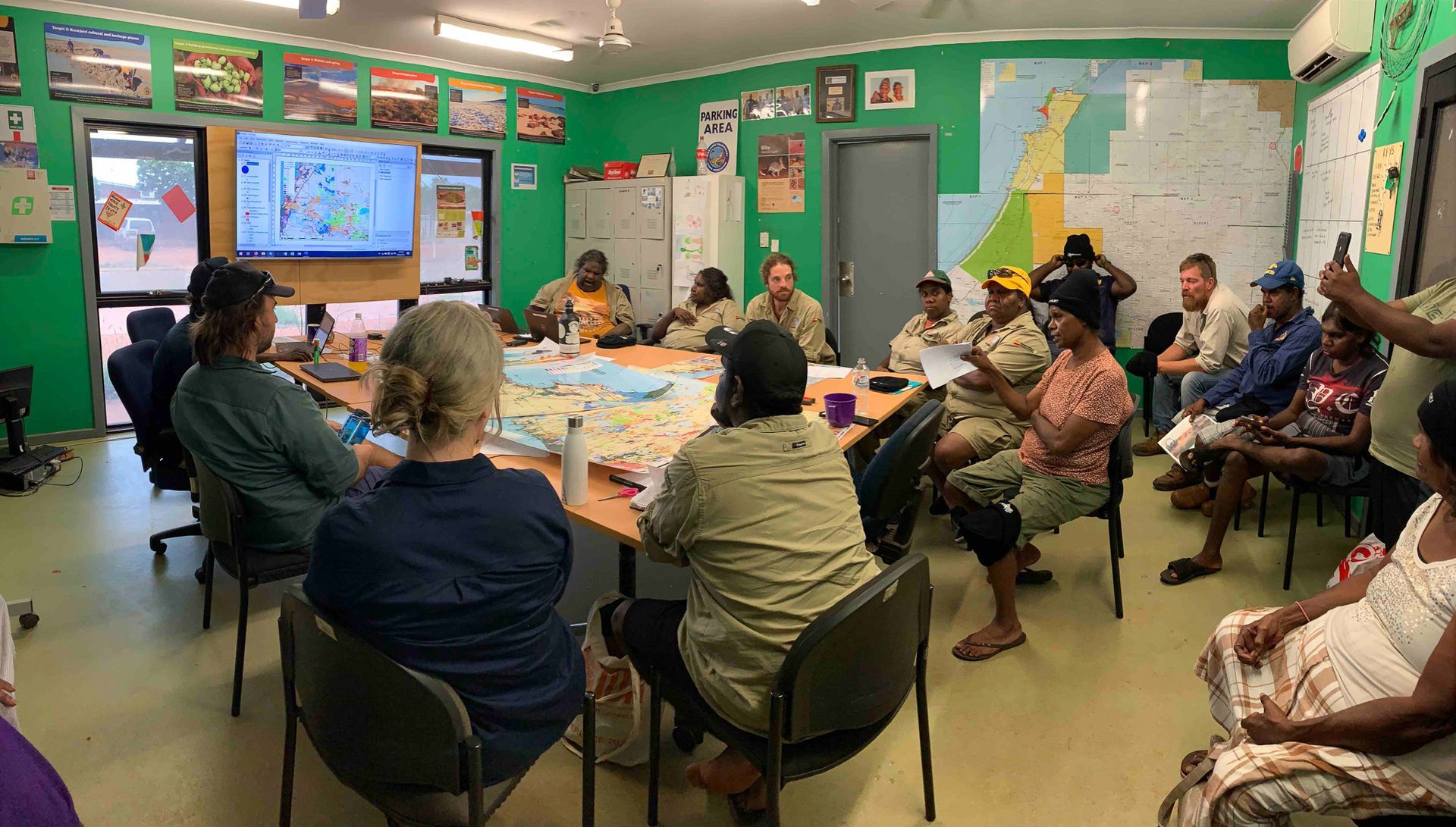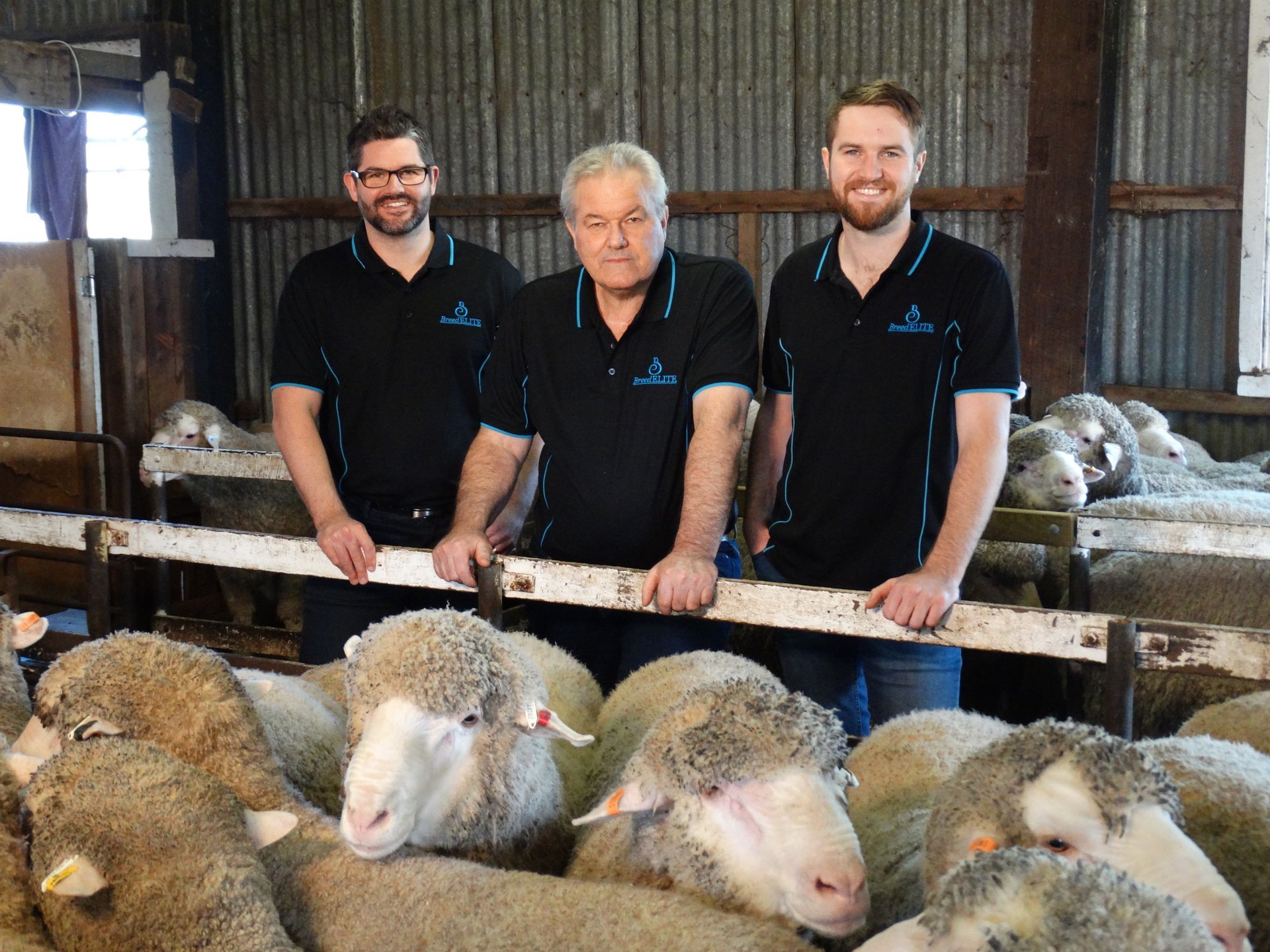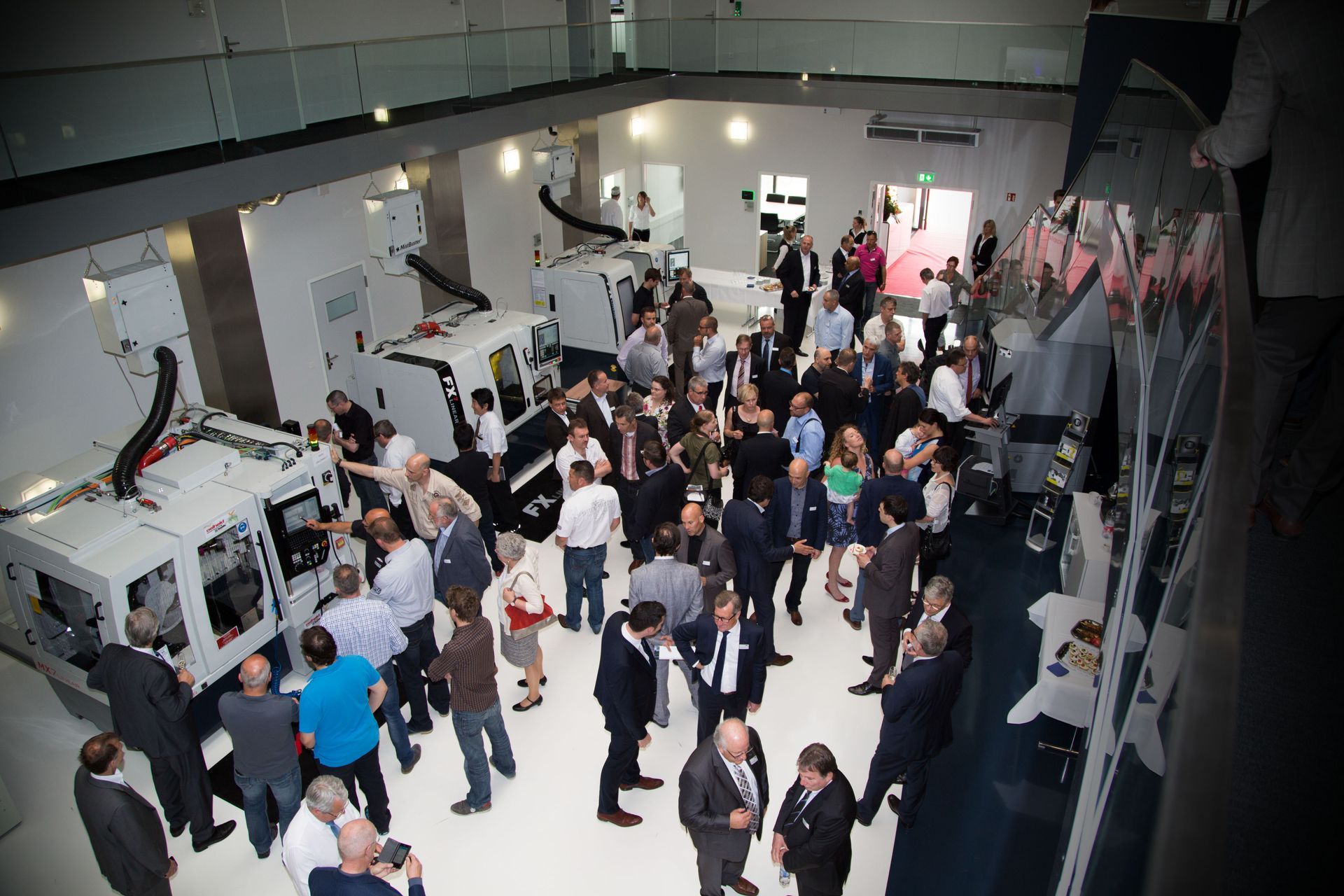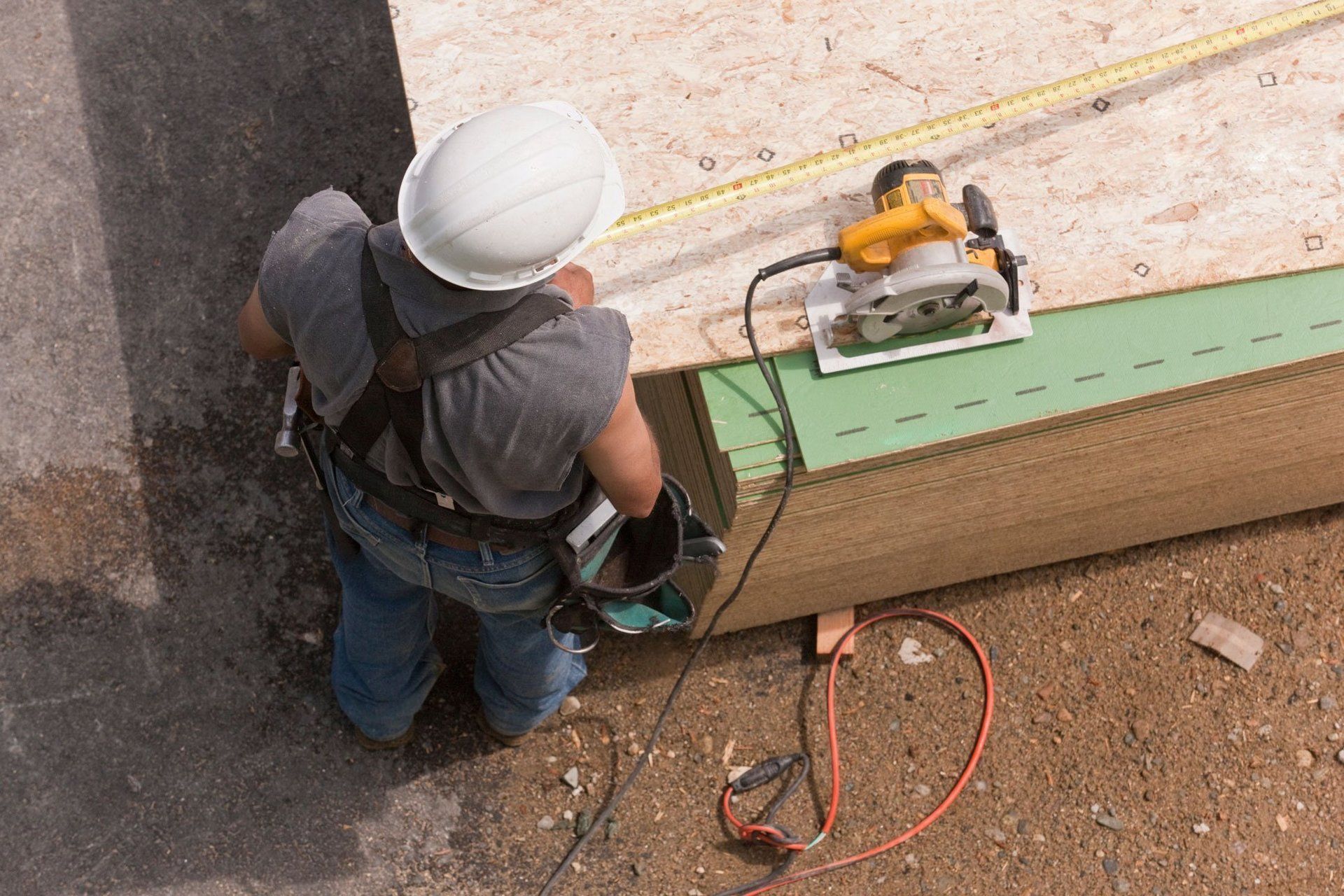Labor’s vision for an innovative Australia
Science is the key to creating a better Australia. We must devote more funding to research and development, and plan for Australia to be a renewable-energy superpower in a carbon-constrained world.
After years in which science was pounded in the culture wars, a terrible battle has snapped us back to reality. The COVID-19 pandemic has renewed our respect for science and its experts, rather than the instant ones who spring up like mushrooms after a downpour.
With this has come an understanding that it is science that can take us from lockdown to unlocking our potential as a nation. Science will be at the core of our future economic growth, as well as our new industries and the jobs they will create.
I appreciate that thinking about the future can be difficult when the challenges of the present might seem insurmountable. Lives have been lost, state borders have been closed and freedoms we took for granted have been compromised for the greater good.
But if there is an upside to this awful period, it is that the pandemic has given us a chance to create a better Australia – and science is the key.
Australians have a proud record of invention, and yet, strangely, we do not properly celebrate our achievements. While we keep adding to its pages, scientific progress is not a story we are adept at telling. We need to raise the standard of the national conversation.
We cannot speak of science as though it were an act of faith. Climate change, for instance, is no more a matter of belief than is the coronavirus. Finding solutions will depend on heeding the evidence. We cannot let opinion or ideology trump truth.
Jolted awake by the pandemic, we all came together. The same values that are steering us through this crisis are those that will see us flourish when it is behind us.
Australia has been fortunate compared with many countries. Our relative success in containing the pandemic has been partly a result of geography, but it is also thanks to our high level of scientific and medical expertise – and the fact that it was listened to.
As we dare to picture a post-pandemic Australia, Labor is looking to the future with clear eyes, open minds and optimism. It is what Labor does.
When the world was in turmoil, John Curtin and Ben Chifley spoke not just of victory in war but of victory in peace. Curtin didn’t live to see the peace, but Chifley worked his guts out for that second triumph. Among his priorities were enlarging the CSIRO and establishing the Australian National University. As Chifley said: “Scientific research is a necessity for the maintenance of our standard of living and even for our survival.”
It is a truth that has been brought sharply into focus by the pandemic. For one thing, we should not be the only OECD nation with-out the equivalent of a Centers for Disease Control and Prevention. Sadly, this pandemic won’t be the last we face.
Returning to our pre-pandemic complacency is not an option. Consider the ignoring of fire experts who predicted the eastern-state infernos of 2019–20 before the first wisp of smoke. There was neither listening nor respect. But there was hellfire.
Meanwhile, droughts worsen and temperature records are broken. But we don’t have to surrender. Guided by science, we can fight climate change and create jobs at the same time. We can have a future as a renewable-energy superpower, with all the associated environmental and economic benefits.
There are so many opportunities – but as Labor understands instinctively, you can get the policy settings right only when you respect and heed the science. And when the science is clear, politicians should act.
Action on climate change that provides investment certainty will create jobs and lower energy costs while reducing emissions. And it will help build the economic diversity and strength we so urgently need. The pandemic has highlighted just how lacking in resilience our economy is.
The cautionary tale of Australia’s car industry is emblematic. This Government withdrew co-investment funding and dared manufacturers to leave – an invitation they accepted. This act of self-sabotage knocked us down the technological totem pole and further narrowed an economic base that has become overly reliant on services and the export of raw materials.
One result is we are making ourselves vulnerable to a decline in living standards. And when the next crisis severs global supply lines, we will be exposed. This is our chance to start turning things around.
We must strengthen our capacity to create. We must become serious about high-tech manufacturing. But our research and development investment has fallen below two per cent of GDP – below countries such as South Korea, Israel, Sweden, Denmark and Singapore. Unless we invest in R&D we will be restricted to reading the story of our proud manufacturing history, when we should be writing the next chapter.
As a nation, we need to be thinking about what share of our national income should be set aside for R&D. Just as the Reserve Bank provides a degree of certainty to the financial markets on the future path of interest rates, government needs to provide guidance on projected R&D spending. That way, the Australian community can invest in science with confidence.
We could do much better at commercialising research, thereby building up industries at home and selling their product to the world. Our failure in this area reduces potential revenue from intellectual property, undermining investment, entrepreneurship and technological growth.
Labor has backed calls from the tech sector for the R&D tax-incentive refunds to be paid early. As part of our desire to partner with the private sector, a future Labor Government would encourage the superannuation industry to invest in infrastructure, technology and R&D in a way that is consistent with members’ interests. Such a measure would benefit all of us well into the future.
Take artificial intelligence. In 2018 alone, AI contributed an estimated $US2 billion to the global economy. Within a decade that figure is forecast to reach nearly $US16 billion. At the last federal election, Labor championed the establishment of a National Centre of AI Excellence, which would help chart the likely national investment required in this area by bringing together those with a stake in AI’s application in our economy. Such a centre needs to be established now.
We have the talent and brainpower in this country to be world leaders in scientific endeavour, but haven’t always shown the capacity to retain our most brilliant minds.
Scientific progress starts early. The number of Australian school students studying science has been dwindling for decades. There simply aren’t enough jobs waiting for them. And only 16 per cent of Australians working in STEM are women.
We also need to be thinking about how to integrate our scientific research into national projects and objectives. We need to ask ourselves exactly what we want science to deliver. We want a nation adapted to a carbon-constrained world. We want our cities and regions to remain habitable and productive. And we want our sights set on previously unthought of possibilities. These are goals, whatever our differences, that we can agree upon.
Let us make the most of recent wake-up calls. The bushfires showed what happens when we walk away from science into the darkness of denial; a virus has illuminated the path back.
The moment is ours to seize.
The Hon Anthony Albanese MP has been the Leader of the Opposition and Leader of the Labor Party since 2019. He has been Member of Parliament for Grayndler since 1996.

